Parent Tips: Practices 2.3.2 & 2.3.3
Practices 2.3.2 and 2.3.3 are Big Brain Leaps. We ask your child to make connections among ideas and then clearly state common themes. For adults, this may seem like an easy enough step. For children, this is an enormous leap, particularly if adults have never asked them to analyze their thoughts in any sort of rigorous way at school.
Indeed, most writing instruction in schools asks kids to come up with a point of view and then find evidence to support that view. This approach is a necessary skill, but it’s also much easier to teach to many kids at once than using evidence to develop a point of view. So the latter often goes untaught. June Writers Academy believes that it is critical for your child’s development as a thinker and citizen of the world that they learn early and often how to reason both up and down from evidence.
If you see your child struggling with these practices, keep in mind that the thought work is far more important than the writing at this moment. Have a conversation with your child using our prompt questions (in the slide template), and either let them dictate their thoughts to you as you write, or let them record their thoughts instead of writing. They will eventually need to coalesce their ideas into one written argument sentence per list. But again, the important thing right now is to help them make that big brain leap into looking for connections and then synthesize that analysis.
Give your kid all the hugs during these practices. They’re doing a big thing.
Argument Sentences
Some children may get tripped up on the idea of an “argument sentence” because the phrase evokes the image of angry people throwing spaghetti at each other across a table, etc. Teaching our kids that there are many, far less violent and even civil ways to argue, is also a part of their healthy development as critical thinkers and democratic citizens. Writing carries a point of view, and as such, is always making an argument, however subtle.

